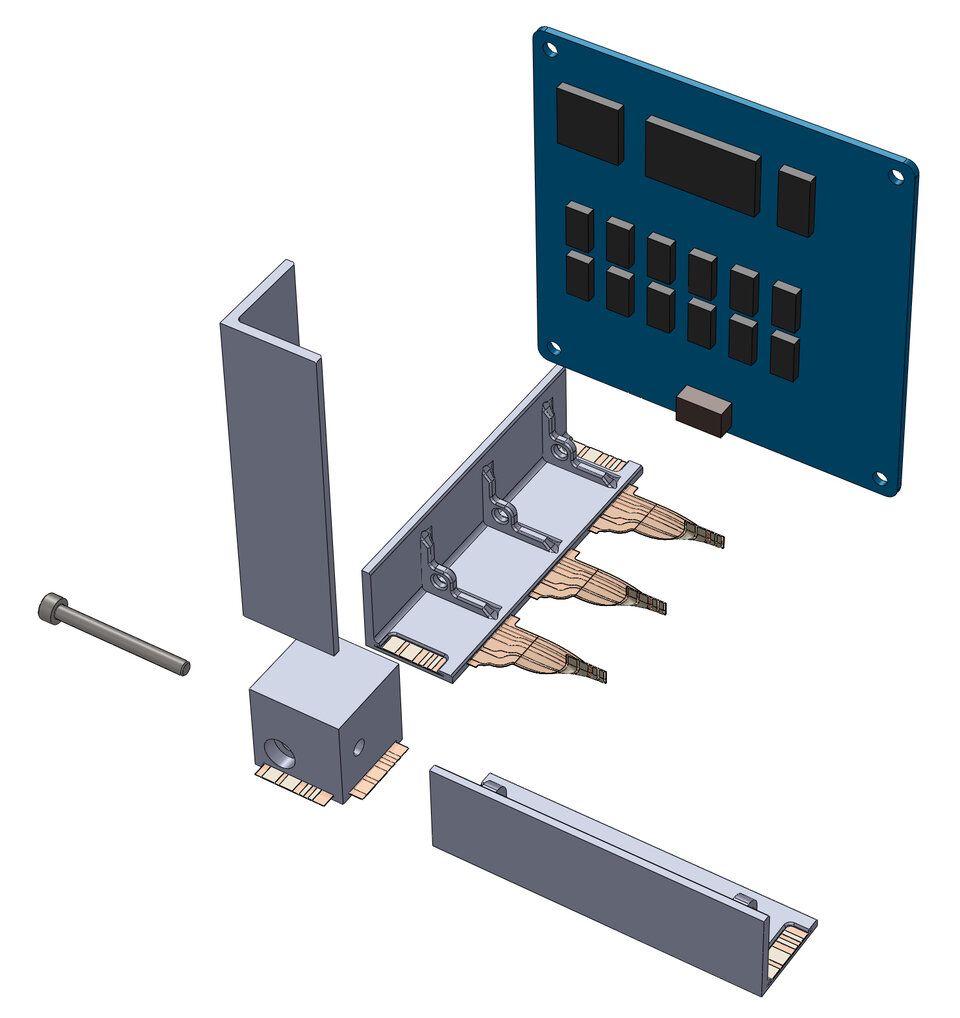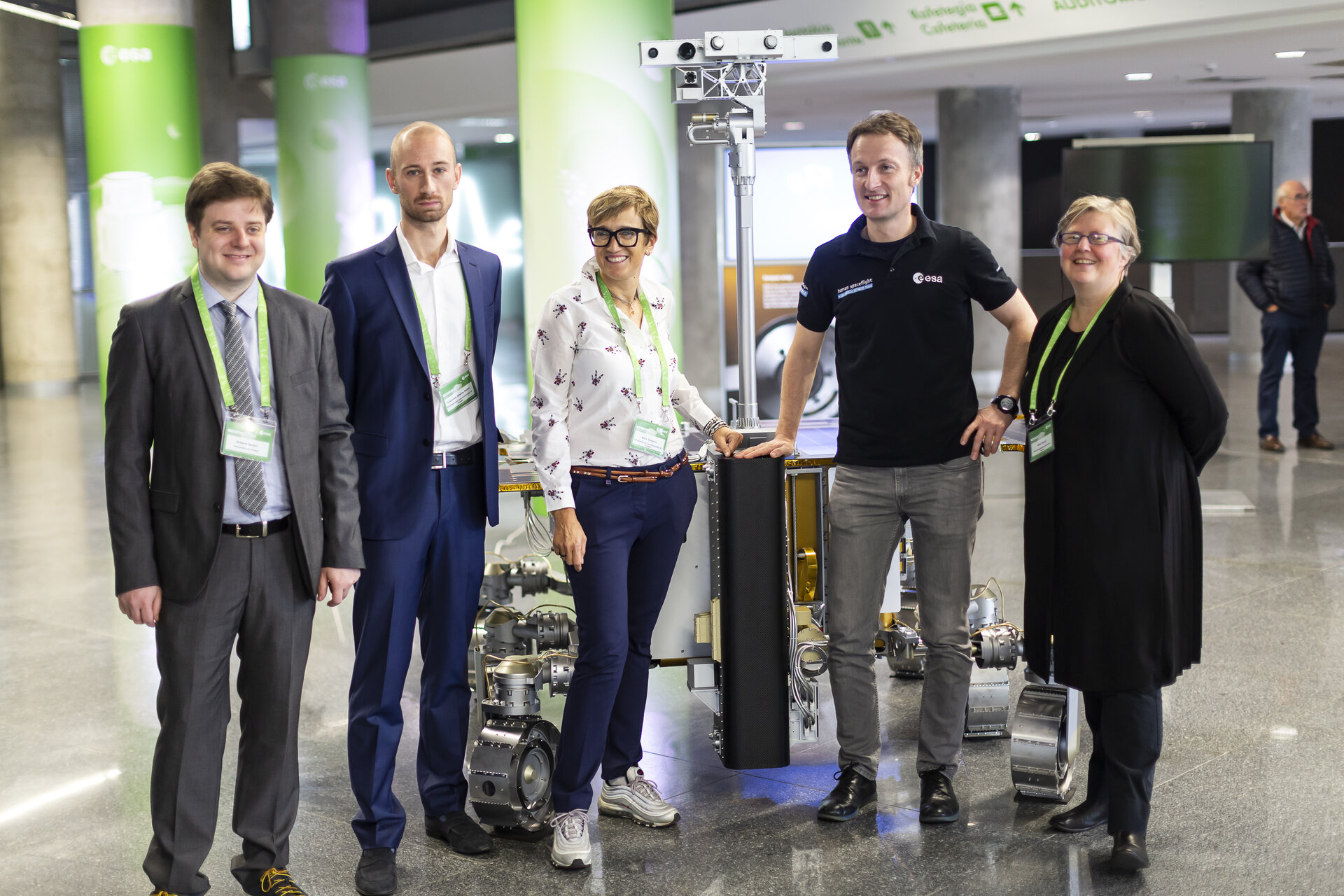Rising to the challenge: Winning idea headed to space
The annual Space Exploration Masters is a competition to stimulate innovation in all aspects of space exploration. One category sees the winner get to fly their idea to the International Space Station selected by a jury of experts from ESA and sponsor Space Application Services.
ESA astronaut Matthias Maurer announced this year’s winners at the Space for Inspiration event in Bilbao, Spain on 31 October. The conference connects space with non-space areas to find new approaches, solutions and services to challenges on Earth.
Spacecraft LEGO
Among the submissions that impressed ESA and commercial partners is a lower cost answer to spacecraft materials that will give space exploration a boost, developed by Italian company Picosats in collaboration with the University of Trieste.
Picosats’ product RISE, or Resilient Integrated Structure Element, replaces traditional aluminium used for the structure of miniature satellites, known as cubesats, with 3D-printed modular elements made of durable plastic, allowing for faster and cheaper production. The modular elements can be used independently or combined to form a cube frame.

What’s more, electrics are fully integrated into each component, moving circuitry typically found on the outside of cubesats to the inside. This guarantees continuous power, as a circuit failure in one module means the signal is rerouted through the others.
The simple plug-and-play nature of RISE makes it a more affordable and reliable structural unit for a variety of hardware designs; in other words, it is the Lego of spacecraft.
The team, composed of Picosats and the Department of Engineering and Architecture of the University of Trieste, won a 4-month ticket to validate their hardware in spaceflight conditions using the ICE Cubes experiment facility aboard the International Space Station run by Space Applications Services that sponsored the competition and the prize with a value 50 000 Euros.
The ICE Cubes facility provides research institutions and companies access to microgravity conditions in their 10 cm experiment cubes. A dedicated control centre means teams have round-the-clock access to their experiment data.
Picosats will send up a single cube unit made of the RISE components and simulate a failure of one of those components to test the resilience of the circuitry. They will also be testing the structural integrity of their 3D printed plastic frame. The team expect to have an engineering model ready for flight by 2020.
The competition is run by ESA with Space Applications Services, Airbus, Surrey Satellite Technology and Goonhilly Earth Station.





